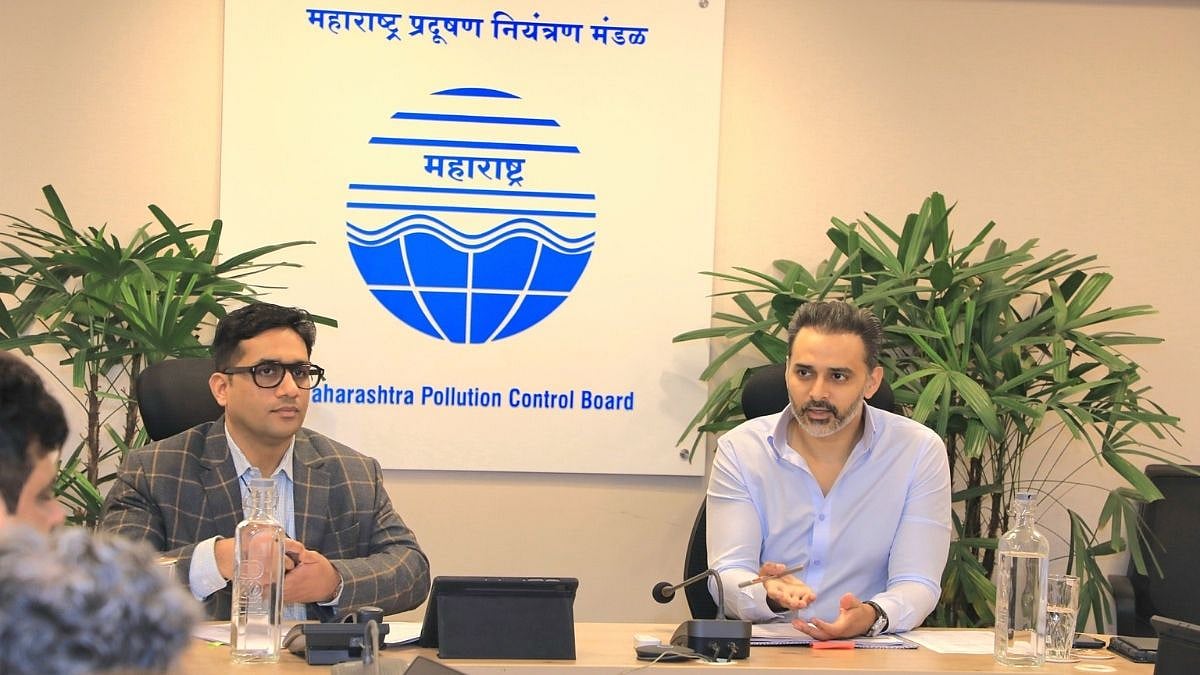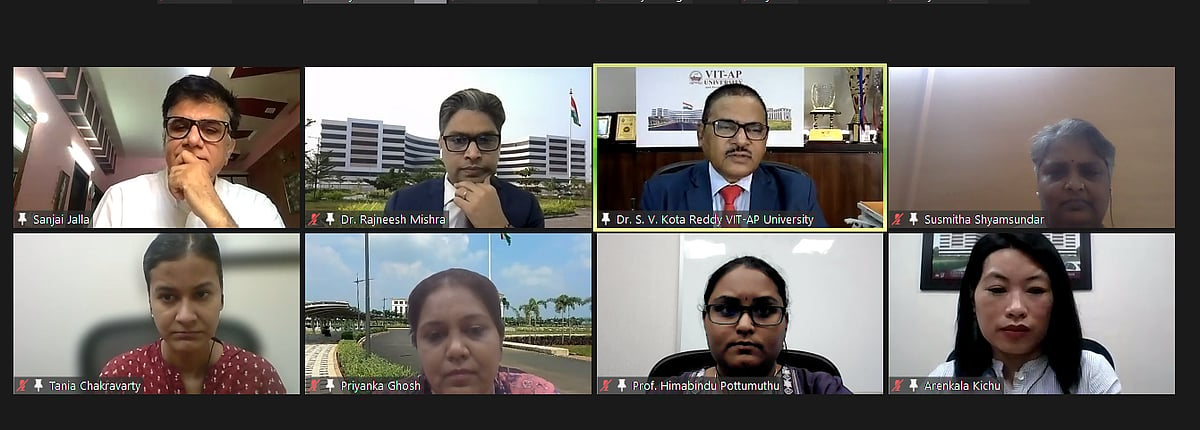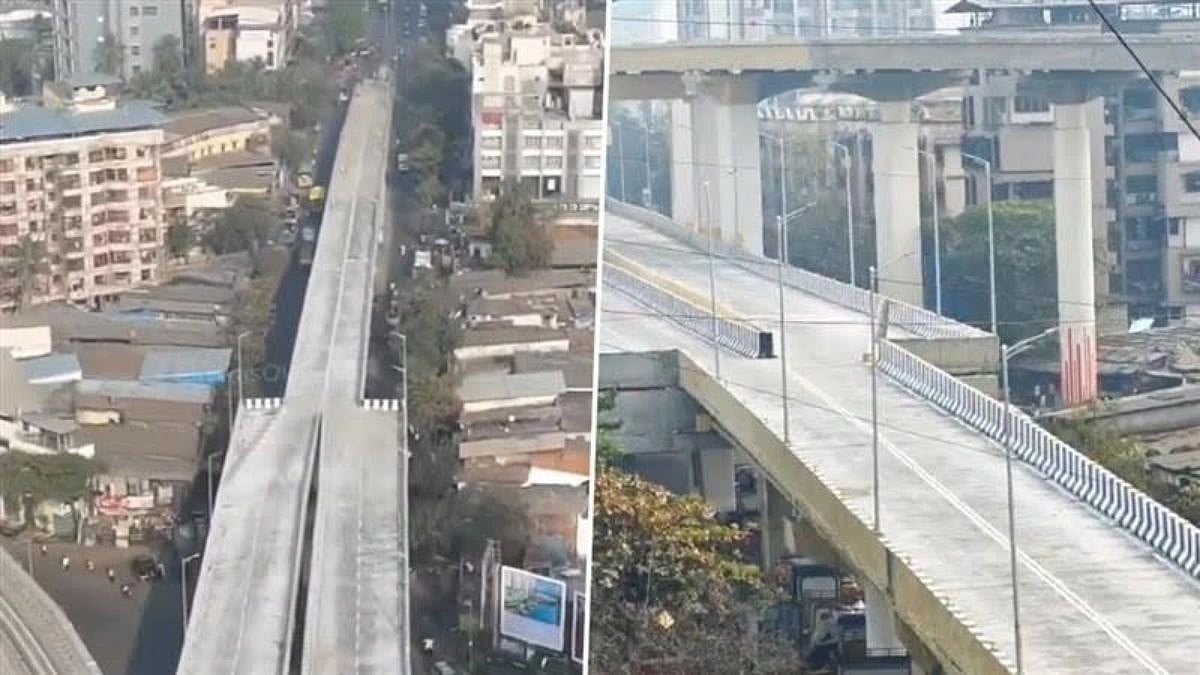“Look, look, sir, there is smoke coming out of that factory. Isn’t this a cause of climate change,” asked a curious student who, along with 39 others, is part of the Climate Action Project, an international six-week-long initiative that allows students to collaborate on an environmental topic and learn the causes and effects of climate change. Students involved in the project are from classes 6 and 7.
This dream team of 40 students are from BMC’s Mumbai Public School–Bhavani Shankar Road (CBSE board) in Dadar West. It's one of the three civic schools which is an official participant in the event this year.
Elated over the growing alacrity of the students, teacher Deepak Vekhande said, “Our school wanted to enroll in the project last year but I missed the opportunity. This year, we got in! What can I say? Students have changed so much in the course of four weeks. They question everything, they are curious about the slightest change, and they want to know everything that’s under the sky! As a teacher, this is the peak of my happiness.”
Kids focusing of Mumbai's climate
The focus of the project is obviously climate change but the students’ focus is “climate change in their surroundings,” shared Vekhande. He continued, “They are now observing their city, Mumbai. Why is it raining unusually, why is there flooding and waterlogging, why are some days so hot, while the nights are so cold, they are seeing everything around, and questioning.”
Through the six-week project, the students try to find answers on their own, by interacting and attending webinars with children from other countries. In the third week of the project, students across 148 countries shared findings during virtual interaction; this school was one of them. They also interacted with Vietnam-based students on the same topic, where they shared causes, effects, and possible solutions to combat climate change.
Students to present their findings
Students also presented their findings on the major effects of climate change at the local level. It ranged from extinction of species, human predation, loss of habitat to rising temperature, no greenery and frequent drought, among other topics.
They have taken ‘plastic actions’, and ‘carbon actions’ while also engaging others as part of awareness. “Students talk to their parents, grandparents, relatives, friends, and other families explaining to them the ill-effects of plastic. They encourage them to start to change, for the environment,” added Vekhande. This part is known as intergenerational conversation. The kids encourage their kin to switch to cloth bags from plastic ones.
For Diwali celebrations this year, the students have voluntarily taken an oath to celebrate a pollution-free Diwali by avoiding firecrackers! They intend to spread the same message to their friends and family.
Project is supported by World leaders and World Wide Fund for Nature Inc.
This project is supported by HH Dalai Lama, Queen Elizabeth II, Dr Jane Goodall and ministries of education across 16 countries and World Wide Fund for Nature Inc.







